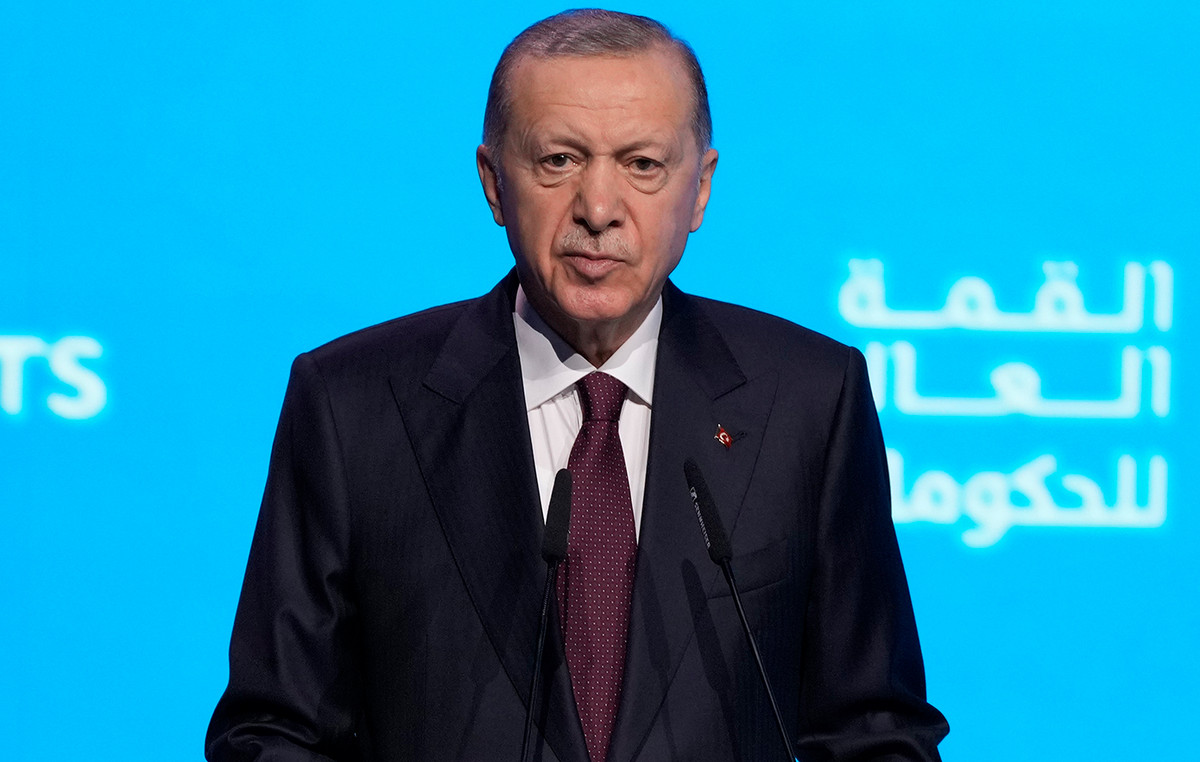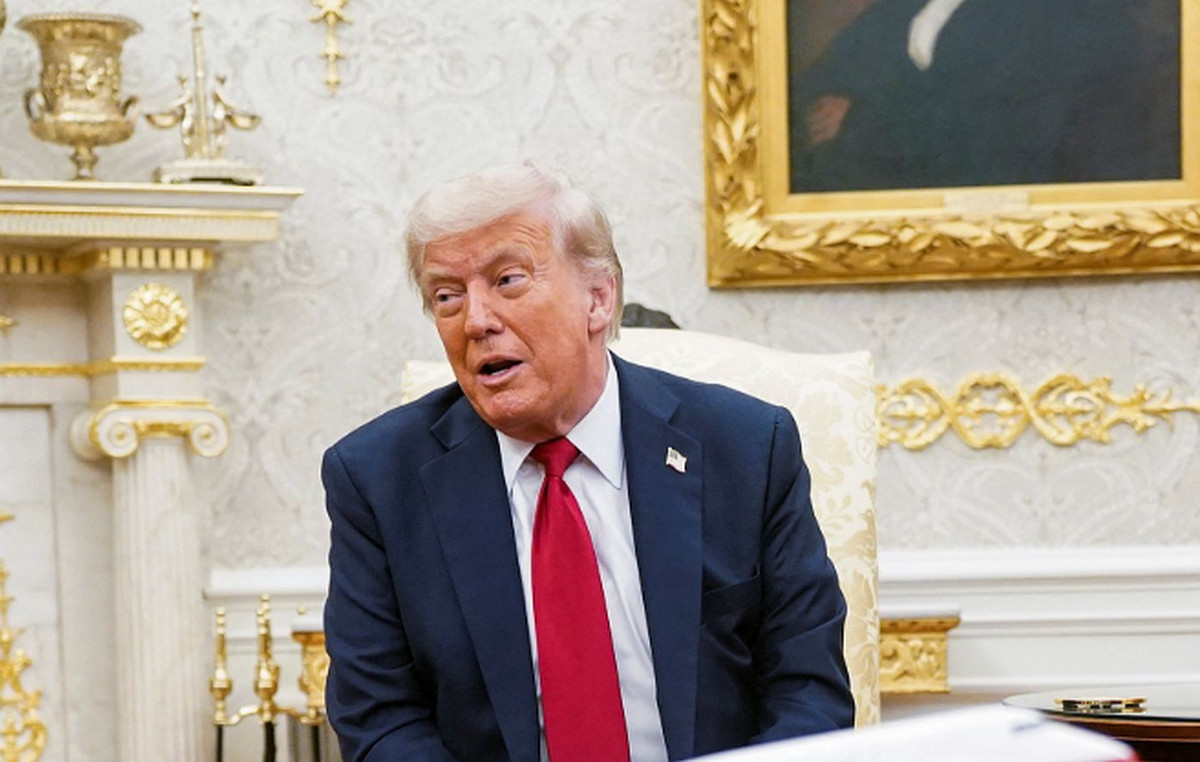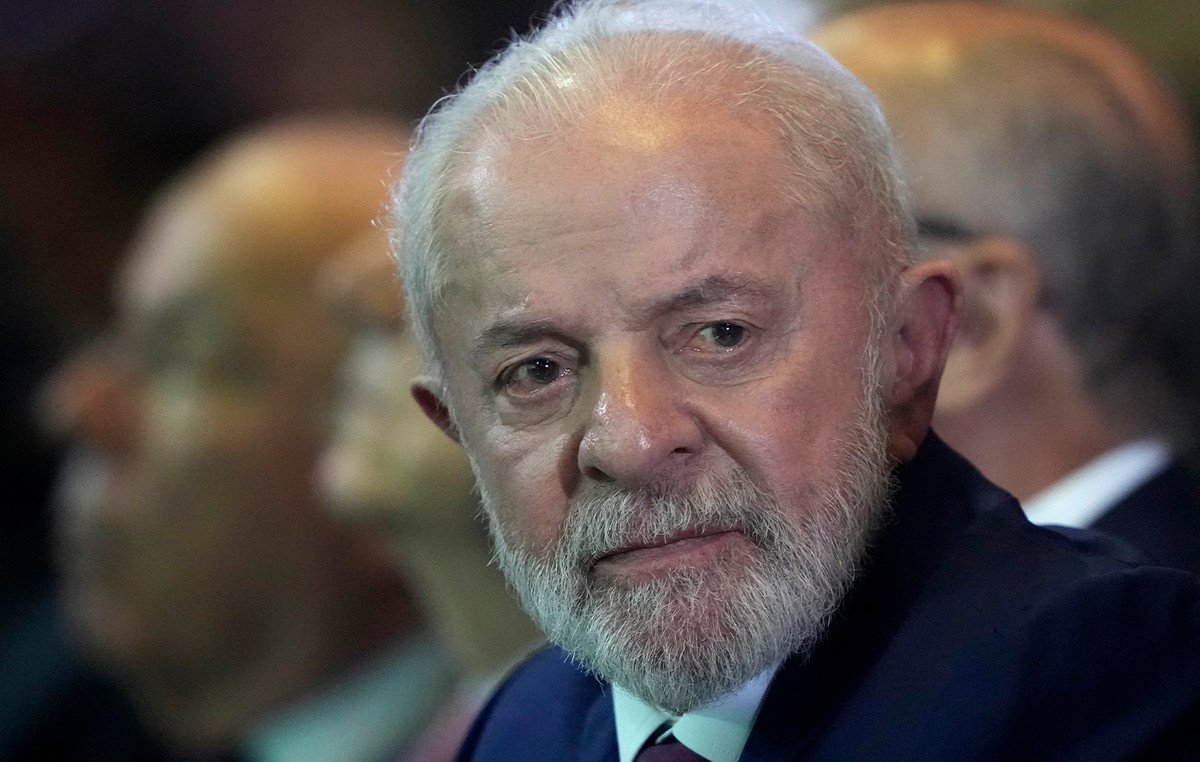France’s political parties are racing to build a united front aimed at blocking the path to the government of Marine Le Pen’s far-right Réunion Nationale (RN), after the party made historic gains to win the first round of elections. parliamentary elections.
The RN and its allies won Sunday’s round with 33% of the vote, followed by a left-wing coalition with 28% and well ahead of President Emmanuel Macron’s centrists who got just 20%, official results from the Ministry of the Interior showed. .
While financial markets rallied in relief that the RN’s tally was not higher, it was still a major setback for Macron, who called early elections after his ticket was defeated by the RN in last month’s European Parliament elections.
Whether the anti-immigration, eurosceptic RN can form a government will now depend on how well other parties can thwart Le Pen by rallying the best-placed rival candidates in hundreds of constituencies across France.
Leaders of both the left-wing New Popular Front (NFP) and Macron’s centrist alliance indicated late on Sunday that they would withdraw their own candidates in districts where another candidate is better placed to defeat the RN in next Sunday’s second round.
However, it was unclear whether such an agreement would always apply if the left-wing candidate was from the France Insoumise (LFI) party of Jean-Luc Mélenchon, a leading member of the New Popular Front.
A fiery orator, Mélenchon is one of the most controversial figures in French politics, both exciting and horrifying voters with his unbridled tax and spending proposals and his class-war rhetoric.
Finance Minister Bruno Le Maire, an ally of Macron’s party, ruled out calling on voters to choose an LFI candidate. “The LFI is a danger to the nation,” he told France Inter radio.
Marine Tondelier, a senior member of the left-wing Greens alliance, told the same radio station minutes later that she was “absolutely shocked” by Le Maire’s stance, calling her “cowardly and privileged.”
Ipsos analyst Mathieu Gallard calculated that the first round left potential for three-way races in 306 of the 577 seats in the French National Assembly, highlighting the scale of uncertainty that remains.
Although the so-called “republican front” against the far right has largely worked in the past, analysts have questioned whether French voters would still be ready to vote in the second round as directed by political leaders.
A longtime pariah for many in France, the RN is now closer to power than ever. Le Pen has sought to clean up the image of a party known for racism and anti-Semitism, a tactic that has worked amid voter anger at Macron, the high cost of living and growing concerns about immigration.
An RN-led government would raise important questions about the direction the European Union is taking, given the party’s long-standing resistance to greater EU integration.
Human rights groups have raised concerns about how his “France First” policies would apply in practice to ethnic minorities, while economists question whether his hefty spending plans are fully funded.
Source: CNN Brasil
Bruce Belcher is a seasoned author with over 5 years of experience in world news. He writes for online news websites and provides in-depth analysis on the world stock market. Bruce is known for his insightful perspectives and commitment to keeping the public informed.







